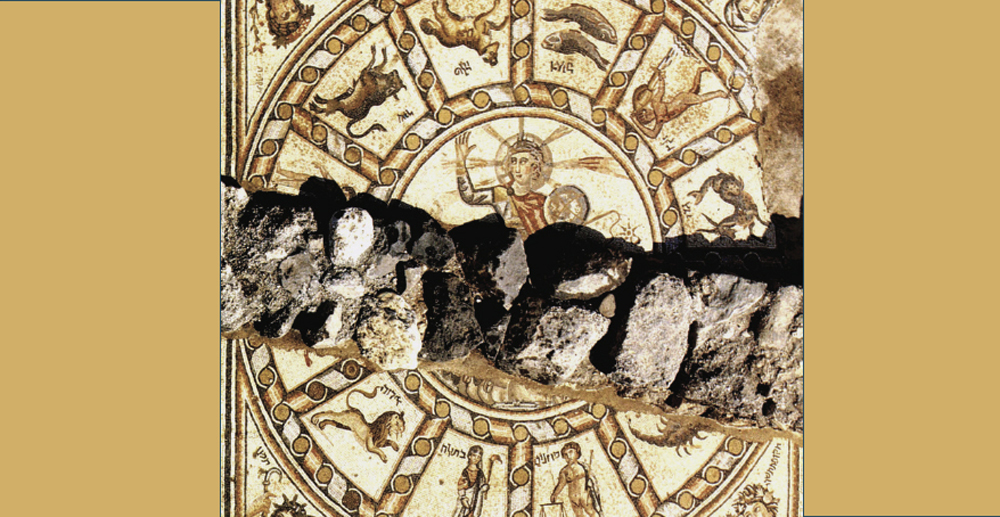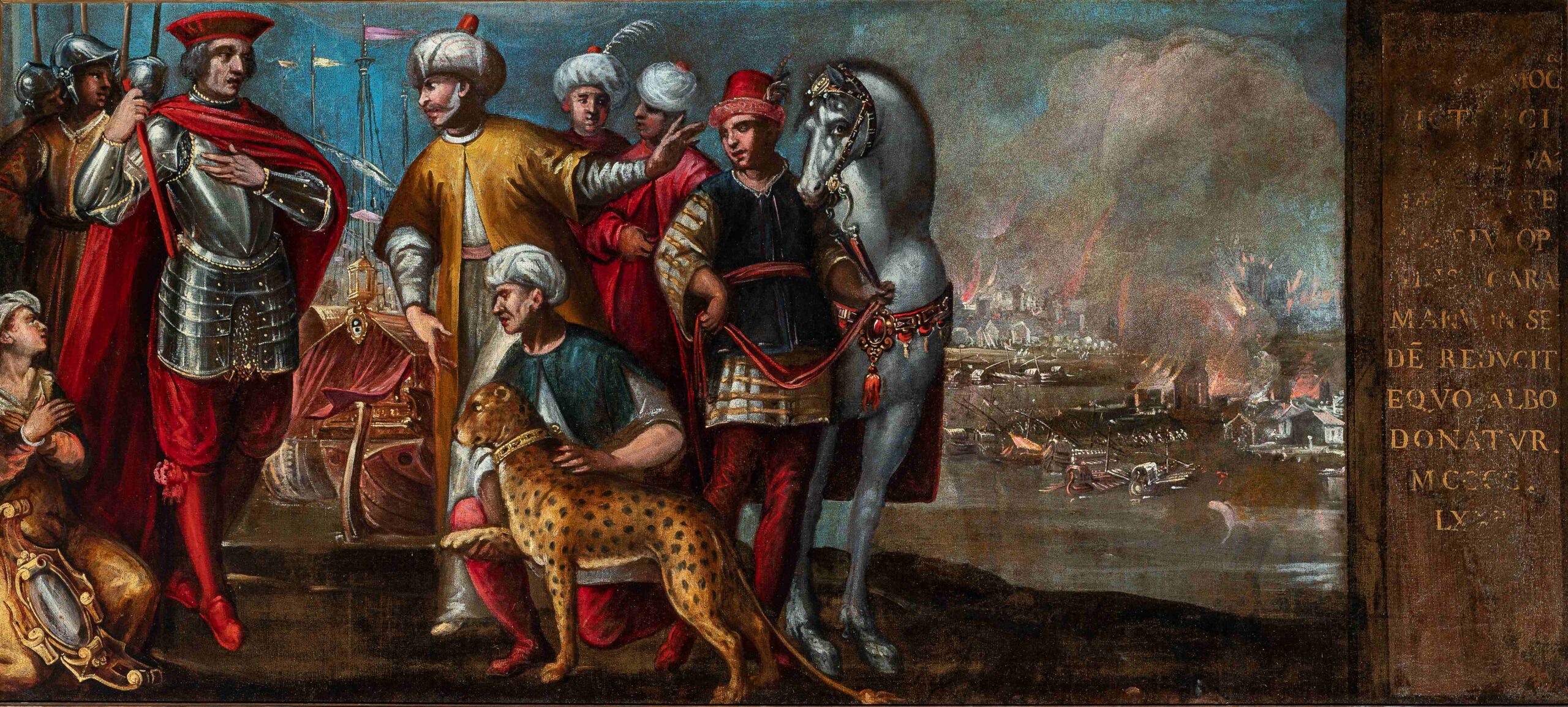Roberta Pergher, Giulia Albanese (Editors), In the Society of Fascists: Acclamation, Acquiescence, and Agency in Mussolini’s Italy, Palgrave Macmillan, 2012
It has been a commonplace in Italian scholarship that Fascism enjoyed its long tenure not through terror but because of widespread popular consensus. By contrast a recent wave of research has reintroduced the notion of ‘totalitarianism’ to discussions of Mussolini’s regime—yet often without testing the degree of active participation or opposition.
So what was the relationship between Fascists and followers, party and people? Bringing together young Italian scholars—many appearing for the first time in English—engaged in new research on both elites and ordinary people, this volume offers a wide-ranging, in-depth analysis of Italian society’s involvement in Fascism.
Content:
Historians, Fascism, and Italian Society: Mapping the Limits of Consent; R.Pergher & G.Albanese
Borghesi in Uniform: Masculinity, Militarism, and the Brutalization of Politics from World War I to the Rise of Fascism; L.Benadusi
Violence and Political Participation during the Rise of Fascism (1919-1926); G.Albanese
Consent, Mobilization, and Participation: The Rise of the Middle Class and its Support for the Fascist Regime; T.Baris
Neither Bluff nor Revolution: The Corporations and the Consolidation of the Fascist Regime (1925-1926); M.Pasetti
The Entrepreneurial Bourgeoisie and Fascism; A.Gagliardi
The Allure of the Welfare State; C.Giorgi
The ‘New Racist Man’: Italian Society and the Fascist Anti-Jewish Laws; V.Galimi
The Consent of Memory: Recovering Fascist-Settler Relations in Libya; R.Pergher
The Royal Army’s Betrayal? Two Different Italian Policies in Yugoslavia (1941-1943);
E.Gobetti, Clio Among the Camicie Nere: Italian Historians and their Allegiances to Fascism (1930s-1940s); M.Angelini









